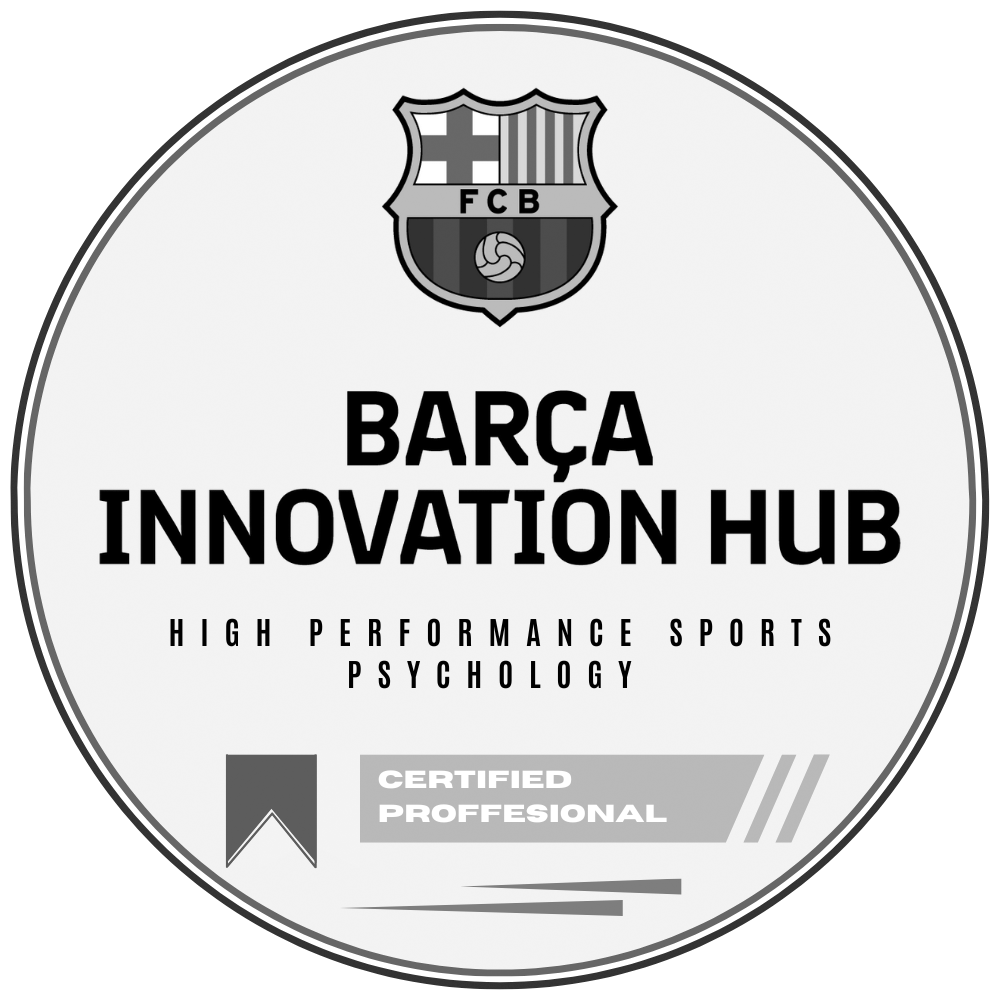During a recent asado at my friend Max's beautiful Punta del Este residence, we engaged in a spirited conversation about the adage "never change horses while crossing a river"(1) and its application to various aspects of our lives. For those unfamiliar with equestrian pursuits, the proverb cautions against switching horses midstream as they stand on unstable ground while traversing the river. Attempting to change horses under such conditions can lead to disastrous consequences. In everyday life, the saying highlights the importance of steadfast commitment to a goal, even when faced with challenges or obstacles. Essentially, it advises against making impulsive decisions that could hinder progress or impede the achievement of our objectives. The critical takeaway is to navigate through the crisis before making any changes. Once safely on the other side, one can calmly and objectively assess the situation, employing logical and analytical thinking to make the best decisions.
I am privileged to work with business leaders and MBA students daily. The discussion inspired me to reflect on the significance of not changing horses in midstream for my clients. For some individuals, this adage might resonate with their circumstances, underscoring the value of determination and focus in overcoming challenges and achieving professional growth.
Executive MBA students at critical junctions
"Stay committed to your decisions, but stay flexible in your approach." - Tony Robbins
As the DEIR(1) at a leading business school, I work closely with numerous Executive MBA students. These high-caliber professionals often perceive their degree completion as pivotal in their careers. They wrestle with the idea that their MBA has an "expiration date," believing that if they don't shift jobs within six months of earning their diploma, they risk losing the momentum and opportunities the degree provides.
An MBA represents a substantial investment in professional development, endowing individuals with a versatile skill set applicable throughout their careers. Rather than yielding to the pressure of making an immediate change, graduates should reflect on their goals, strengths, and passions and thoughtfully assess opportunities aligned with their long-term aspirations. Adopting this mindset allows them to unlock their MBA's full potential, serving as a catalyst for sustained success and personal fulfillment.
One common challenge many high-potential professionals face is the impulse to change jobs hastily when dissatisfied or stagnant in their current role. This strategy often proves counterproductive, as it overlooks valuable growth and development prospects within their existing organizations. Instead, I encourage students to reassess their perspective, explore all possible avenues within their current workplace, and exhaust these options before considering a change.
During our sessions, I emphasize the importance of open communication with supervisors and HR Managers. Professionals can uncover previously unnoticed opportunities by discussing career objectives and investigating diverse career progression possibilities within their company. This approach fosters more robust relationships with their managers, leading to substantial career advancement within their organization and lasting professional success.
Consider the example of a CFO at a Nigerian energy company who sought my guidance while finishing his MBA. Having dedicated over a decade to his organization, he found himself facing an early mid-life career crisis. This metaphorical "stream" represents a challenging phase in his professional journey, and the urge to cross to a new riverbank signifies a longing for change. He felt compelled to switch "horses" during this crisis, under the impression that his current trajectory was no longer fostering growth.
I recommended that he take advantage of his presence at the Booth School of Business in Chicago to visit his company's US headquarters and arrange a meeting with the highest-ranking HR manager. Heeding this advice, he managed to secure an appointment, which pleasantly surprised the HR team due to his proactive approach. Consequently, he was invited to meet the company's CEO, who presented him with several new career opportunities.
By adopting this strategy, the CFO could thoroughly explore his potential within the company while preserving a robust foundation for ongoing success.
The Patient Leader: Navigating Challenges with Determination
"It does not matter how slowly you go as long as you do not stop." - Confucius
A common challenge for corporate leaders is focusing on their goals while navigating temporary challenges, obstacles, or distractions. The proverb emphasizes the importance of commitment to a plan and seeing it through before making any significant changes. A coach's role is to foster greater self-awareness in their clients, helping them better understand the impact of their actions and decisions on their teams and the entire organization. This self-discovery process enables leaders to adapt their leadership styles for various situations, fostering positive team dynamics.
"Ensure you have a solid foundation on stable ground before making any significant changes or decisions." - Maxi
I once worked with a CEO who struggled with impatience and frustration when encountering challenges or setbacks. His natural inclination was to make impulsive decisions, often exacerbating complications and delays. Through our coaching sessions, we identified that his impatience stemmed from high personal expectations, a demanding work environment, and time pressure. Coaching helped him recognize the value of patience, teaching him to pause and assess situations before reacting. This new approach allowed him to tackle difficulties with a calmer, more analytical mindset, enhancing his problem-solving skills.
As a result, the CEO became more committed to his original plans, demonstrating resilience and determination. This steadfast approach inspired and motivated his executive team, fostering a more productive work environment.
Leaders must recognize the importance of standing on solid ground before making drastic changes or decisions. Patience, focused, and perceptive leaders will be better equipped to guide their organization toward success.
The change leader: Navigating Crisis Management
"When obstacles arise, you change your direction to reach your goal; you do not change your decision to get there." – Zig Ziglar
In today's dynamic business landscape, leaders must adapt to new situations, cross "rapids" frequently, and navigate uncertainty. Successfully leading an organization through change requires a unique skill set and mindset.
I worked with a client facing a critical company reorganization to ensure its future success. A renowned management consulting firm proposed the changes, and her board approved them. However, she faced considerable resistance from her executive team, resulting in minimal cooperation. Worried about losing her company's most valuable asset – its experienced staff – she struggled to stay steadfast and implement the necessary changes. Feeling insecure and isolated, she considered canceling the reorganization altogether.
Through our coaching sessions, my client learned the value of gaining buy-in from her team through empathy and active listening(3). She discovered that transparent communication helped alleviate fears and foster support. She organized offsite meetings to understand her executive team's and lower-level employees' concerns, addressing their worries and building trust. These meetings enabled her to communicate the rationale behind the reorganization, its benefits, and the company's long-term vision.
By involving key stakeholders in the decision-making process, she allowed them to voice their opinions and contribute to the reorganization plan's implementation. This approach encouraged ownership and commitment to the changes. Applying these new strategies, my client created a more collaborative environment, eased concerns, and successfully guided the company through the reorganization.

In Summary
Navigating a challenging project at work is akin to crossing a river on a tightrope – maintaining balance and focus is crucial in both situations. Sudden changes or impulsive decisions can lead to disastrous consequences. Staying committed to your chosen path and systematically working through obstacles will result in successfully crossing and accomplishing your goals. Once safely on the other side, you can reassess your approach, make necessary adjustments, and proceed with greater confidence and clarity.
The principle of not changing horses while crossing a river applies to all aspects of life, including personal relationships and decision-making. It is essential to avoid making impulsive decisions when facing challenges or setbacks and to remain committed to our goals. When we stay focused on our objectives, we can build resilience, determination, and a growth mindset that will enable us to overcome obstacles and succeed.
Leadership coaching is a valuable resource in assisting leaders in staying the course, enhancing problem-solving skills, and establishing deeper connections with their teams. Engaging with a coach helps leaders develop a profound sense of self-awareness, approach problems with a clear and analytical mindset, and cultivate the emotional intelligence required for effective team interaction. Coaching also supports leaders in remaining committed to their goals, even amidst adversity.
Beyond developing these skills in leaders, coaching also contributes to building a supportive and collaborative team culture. Leaders can create a work environment that nurtures innovation, creativity, and productivity by fostering open communication, active listening, and cooperation.Leaders who have undergone coaching can guide their team members in honing their problem-solving abilities, emotional intelligence, and self-awareness.This approach leads to a more empowered and motivated team, ultimately translating to improved business results.

Notes
(1) The quote is actually lent from Abraham Lincoln’s "Don't swap horses in the middle of the stream."
(2) Distinguished Executive in Residence at the University of Chicago Booth School of Business.
(3) Blog: Growing your business through empathy



.svg.png)










.png)


